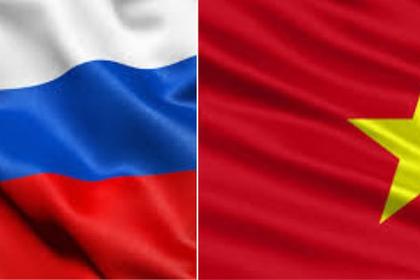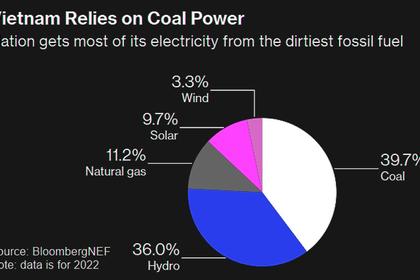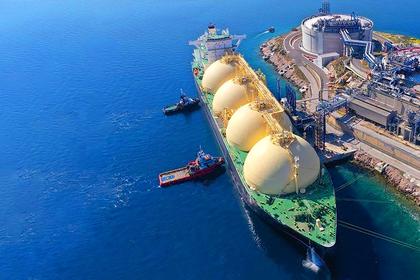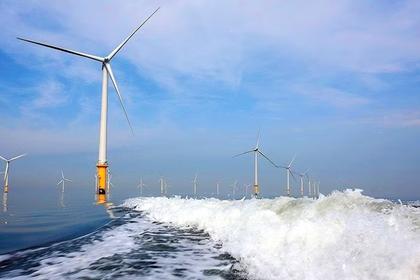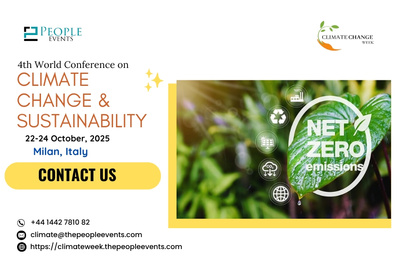
VIETNAM NUCLEAR DEVELOPMENT
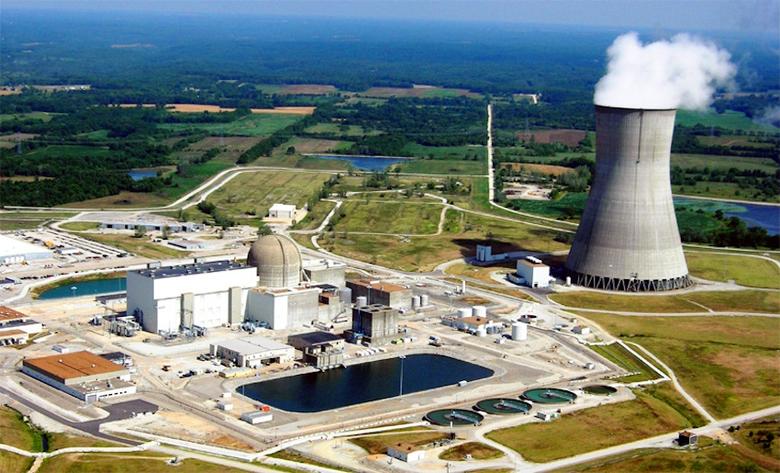
N - September 17, 2024 - Vietnam’s Ministry of Industry and Trade (MIT) has been commissioned to undertake a comprehensive study of nuclear power development across various nations to draw up a proposal for integrating nuclear technology into Vietnam’s energy matrix in the future. The directive came from the Government Office, based on conclusions presented by the Permanent Government at a key meeting which addressed challenges in the gas and offshore wind power sectors.
The decision was made in the context of global economic forecasts which suggest that Vietnam’s economy could surge by over 7% if the UF Federal Reserve lowers interest rates. In response, the Permanent Government called for a rapid assessment of all energy sources under the Power Development Plan VIII (PDP8), which advocates a shift from coal to gas, with an emphasis on boosting domestic production to achieve an annual power growth rate of 12-15%, while simultaneously securing national energy sovereignty.
A focus of this initiative is the exploration of nuclear power, prompted by the need to bolster base load power and minimise environmental impacts. MIT will report its findings and recommendations on nuclear power development to the Politburo, ensuring that any proposed strategies align with national interests and global best practices.
In 2016, Vietnam’s legislature approved a government resolution to cancel plans to build two NPPs with Japanese and Russian assistance. In 2009, the assembly had approved plans for the construction of four nuclear power reactors, two each at two plants in the central province of Ninh Thuan with a total capacity of 4,000MWe. The contracts were awarded to Japan Atomic Power Co and Rosatom, at a total cost of around $8.9bn.
However, the plans were delayed after the government ordered relevant agencies to review safety measures following the Fukushima accident in 2011. Vietnam was also facing a chronic financial deficit partly due to a shortfall in tax revenue. The delays had significantly increased the estimated cost of the project. Since then, the south-central province of Ninh Thuan has been developing into a renewable energy hub.
MIT is also addressing legal hurdles that impede the implementation of power projects. There is an ongoing effort to finalise amendments to the Electricity Law, aimed at refining and incorporating effective strategies and current regulatory frameworks. MIT was asked to cooperate with local authorities, Petrovietnam, and Vietnam Electricity (EVN) to draft the amended law. A working group was established to address legal issues regarding implementation of power projects, led by Minister of Industry & Trade Nguyen Hong Dien and including Petrovietnam Chairman Le Manh Hung and EVN Chairman Dang Hoang An. The working group must complete the draft law by 20 September and submit it to the National Assembly for approval.
MIT has been instructed to scrutinise legal barriers within several legislative domains, including the Investment Law, Bidding Law, and laws concerning environmental and maritime resources, to foster a conducive environment for developing power projects. Earlier, MIT had circulated a draft report seeking feedback on the feasibility of incorporating small modular reactors (SMRs, including floating NPPs, into Vietnam’s energy strategy.
While PDP8 currently does not include nuclear power, the prevailing benefits and the international momentum towards SMR technologies suggest that Vietnam could significantly benefit from such an integration, potentially setting a precedent for future energy solutions within the region.
In June 2022, Vietnam’s National Assembly Economic Committee proposed that the Government should remain committed to plans for two NPPs in Ninh Thuan instead of scrapping the project. By November 2016, nearly VND2,000bn ($86m) had been spent on seven components of the projects, including research and study for planning, ground clearance and relocation, constructions of some buildings, as well as sending Vietnamese engineers to Russia for training.
The committee noted that while the project has been halted, there are still planning issues related to compensating local people who had to relocate. Many who had lands within the allocated zone for the nuclear plant said their rights to use the land had been severely restricted while the project is in limbo.
The economic committee stressed that nuclear power should be a serious consideration in Vietnam’s power development planning, to realise the country’s recent commitment to achieving net zero emissions by 2050 at 2021 United Nations Climate Change Conference (COP26), and to ensure national energy security and development of an independent, self-reliant, with diversified power sources.
-----
Earlier:
